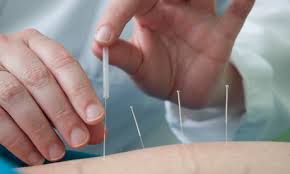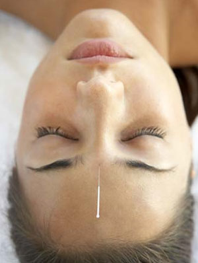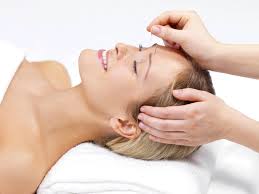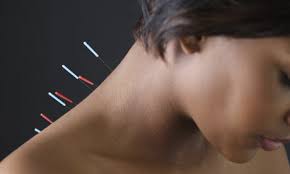Some common questions about acupuncture are answered below. Call us if you have other questions or if you are interested in improving your life through acupuncture treatment.
- Karman Gossett Acupunctureat Synergy Holistic Wellness Spa
1439 NW Broad St
Murfreesboro, TN 37129(615) 785-4160 -
-








